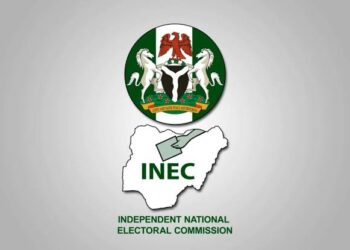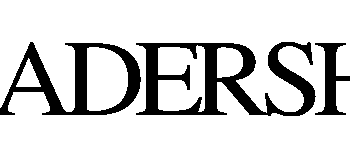The Independent Media and Policy Initiative (IMPI) has described the rate at which the Naira is appreciating as a reflection of the positive policies introduced by the Nigerian authorities and the Central Bank of Nigeria (CBN).
In a statement signed by its chairman Niyi Akinsiju, on Wednesday in Abuja, the policy think tank argued that President Tinubu’s government and the CBN deserve commendation for policies that are addressing the supply and demand sides of the foreign exchange market.
It said, “To properly put this in perspective, we need to, as a matter of fact, from the outset, commend the dexterity of the CBN governor, Olayemi Cardoso, in conceiving policies and deploying them to time and target as he virtually willed into existence a new monetary policy and exchange rate ecosystem by using policy actions to address both the supply and demand sides of the domestic foreign exchange market.
“One of the profound policies introduced to the market on 31st January, in the graduated steps to take charge of the market, was the administrative admonition to Nigeria’s Deposit Money Banks (DMB) to bring their Net Open Position (NOP) to prudential limit by 1st January, 2024. That was just less than a 24-hour notice to the banks.”
According to the group, CBN’s NOP mandate to the banks implies that no bank holds 20 percent long position that is, hold more foreign currency assets than liabilities by more than 20 percent.
It explained that the strategic objective of this mandate was to get the banks to start offloading into the open market, about $7billion they kept in long currency positions.
“On the same day, 31st January, when the CBN relayed the important NOP to banks, the apex financial sector regulatory body also issued the new International Money Transfer Organisations (IMTO) rules for remittances in Nigeria.
“The rules, which are actually a bouquet of auxiliary policies, are generally understood to mean occasions of recurring person-to-person (P2P) payments of relatively low value from persons living abroad to persons in their home country which now account for a sizeable portion of Nigeria’s foreign exchange in-flow,”IMPI added.
The policy think tank also outlined the effect of the clearing of forex backlog on the naira, saying the inability of the CBN to fund the forex needs of those different economic agents constituted an albatross of sorts on the national economy and was one of the major reasons foreign investors stayed away from the country.
It said the latest in this regard is the sale of dollar to BDCs at the rate of N1,251/$, an indication of the effective rate in the forex which signpost the possibility of increased value of the Naira over the next few months.
IMPI noted that the fiscal and monetary policy authorities in Nigeria have found a way of setting the economy on a path of resilience.





